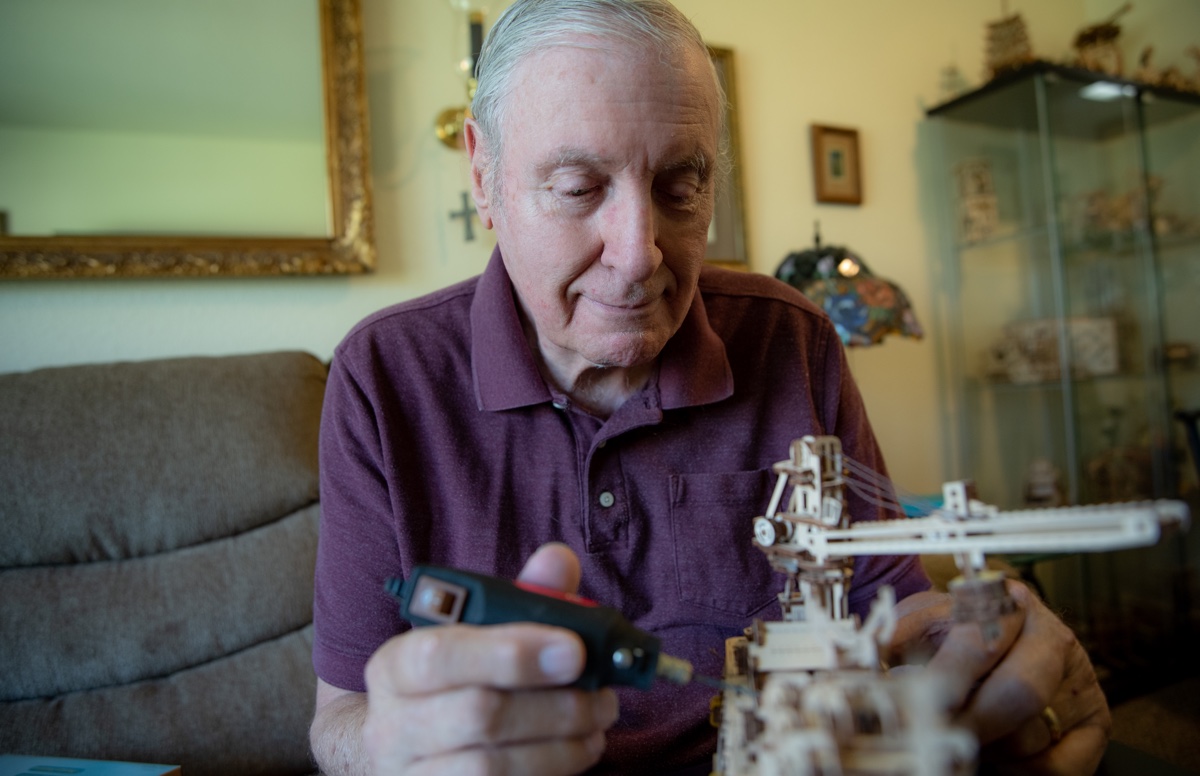Many technologies for older adults lack an important component—they are often designed without input from older adults. As a result, technologies implicitly carry the values of designers rather than of older adults, leading to power imbalances in care, says a recent article. Clara Berridge, associate professor of social work at the University of Washington, gives insight in a UW News interview.
“With the algorithmic management of care, the person being targeted by technology may not share the priorities embedded in the devices themselves,” she told UW News. “When the technology practice enables older adults to be controlled, rather than enabling them to have control, this intensifies unbalanced power dynamics in care. It can mean restrictions or exercise of control over their lives. There’s a lot of ageism at play in how technologies used in care are developed, hyped and implemented. And ableism, particularly when it comes to dementia.”
Berridge and researchers at Oregon Health & Science University recently surveyed more than 800 people, with half over age 64, on whether artificial companion robots would help loneliness. Survey participants were most concerned about potential invasion of privacy, said the article, and felt that artificial companion robot-based data collection is excessive monitoring. Many participants also raised concerns about how companies would use their data and that technology-enabled care further removes older adults from social contact.
One solution? For designers to interview older people and identify themes before designing products.
“Let’s Talk Tech” App
Let’s Talk Tech is an example of a tool to engage older adults in technology choices. This first-of-its-kind web app facilitates conversations to help caregivers learn how a family member with dementia feels about certain technologies.
Berridge and the UW Clinical Informatics Research Group (CIRG) developed the web app, and Berridge and doctoral student Natalie Turner piloted it with volunteers from the UW Alzheimer’s Disease Research Center.
Using the tool, pilot study participants were able to have an informed conversation with the person living with mild-stage Alzheimer’s disease and learn which technologies that person would or would not like used in their care. As a result, caregivers felt better prepared. “They told us it provided the structure and direction for hard conversations that may not have otherwise happened,” Berringer told UW News.
See this related article on the Never Too Old (N2O) program at Spanish Cove Retirement in Oklahoma.

 Shutdown Week Three: Impact of Ongoing Closure on Affordable Housing
Shutdown Week Three: Impact of Ongoing Closure on Affordable Housing


